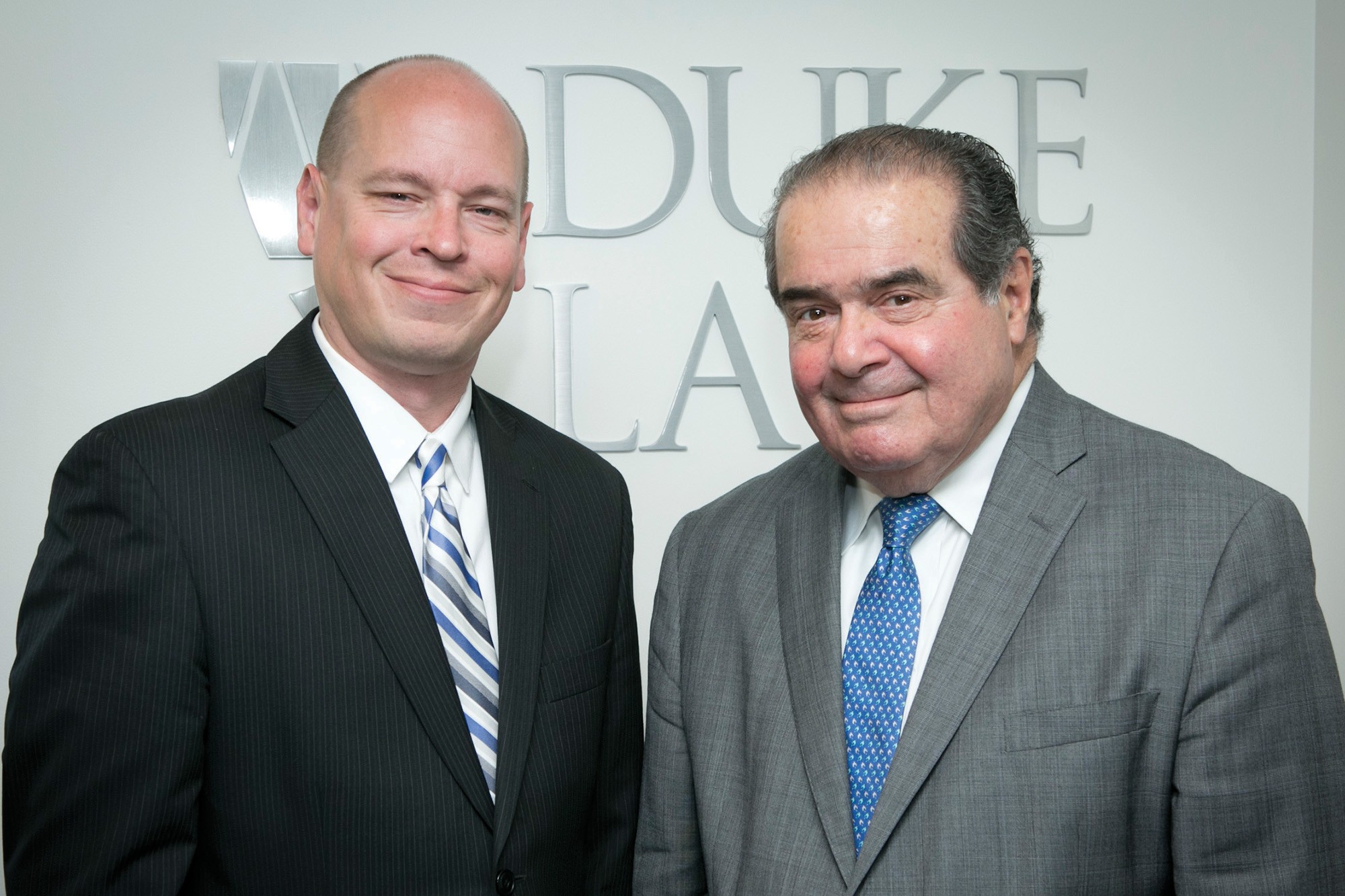From the Editor-in-Chief John C. Anderson
Vol. 100 No. 2 (2016) | A Judge in Public Life | Download PDF Version of Article
Welcome to the latest edition of Judicature! This issue includes a wonderful article on judicial oversight of covert action, written by Judge Diane Wood, Chilton Varner, and Douglas Young, with input from Justice Stephen Breyer. Their article was produced as part of a judicial exchange program between the United States and the United Kingdom, and we are pleased that Judicature will be able to publish more work from the exchange in future editions. We also present “Judicial Outreach,” which studies the increasing work judges do beyond the bench to educate and communicate within our communities. And, in our ongoing series, “The Storied Third Branch,” we profile Judge Edward Weinfeld, who served on the U.S. District Court for the Southern District of New York from 1950 until his death in 1988. You’ll also find a review of the book Judicial Review in an Objective Legal System and several other excellent features; we hope you enjoy them all. We are always looking for outstanding submissions; please contact us at judicature@law.duke.edu if you would like to participate.
On behalf of the editorial board, and possible only through the Herculean efforts of Dean David Levi, Prof. Jack Knight, Prof. Mitu Gulati, John Rabiej, Melinda Vaughn, and a host of others, I thank you for reading our journal dedicated to improving the judiciary. As a forum for thought leadership, research, and perspectives on the issues that affect the administration of justice, Judicature contributes to the continuing education of judges. We were all new judges at one time, and there isn’t much preemployment training that is unique to our profession. Rather, our training primarily comes from law school, practicing law, and observing judges on the bench. We strive to become good judges through preparation, temperament, and training. Doing so is critical to our success in our work as judges and to maintaining public confidence in the judiciary. Yet few scholarly journals provide resources solely for the betterment of the bench. Through the leadership of Dean Levi, Judicature continues on at Duke Law School to fill that void. We relish our opportunity to contribute to our profession in this regard.
Judicature is one of several components to Duke Law School’s efforts toward improving the judiciary. Judicature is staffed, in part, by judges enrolled in Duke Law School’s Judicial Studies LL.M. program. This program, offered through Duke Law School’s Center for Judicial Studies, explores judicial processes by drawing on a wealth of experienced judges, professors, practitioners, and government officials. This two-year course of study brings together state, federal, and international judges, from trial and reviewing courts, to build a better understanding of the third branch. The center also hosts a variety of conferences designed to further support the judiciary. Please visit law.duke.edu/judicialstudies for more information.
Justice Antonin Scalia served as a legal writing instructor for my LL.M. class, and so this is a difficult time for the judges serving on the Judicature editorial board. Across the country, Justice Scalia was loved by many, disliked by others, but respected by all. My classmates and I are thankful for the gracious gift of his time and wisdom. In particular, he reminded us of a simple truth: “If you’re going to be a good and faithful judge, you have to resign yourself to the fact that you’re not always going to like the conclusions you reach. If you like them all the time, you’re probably doing something wrong.” He was a man with the courage of his convictions, and he will be missed.

